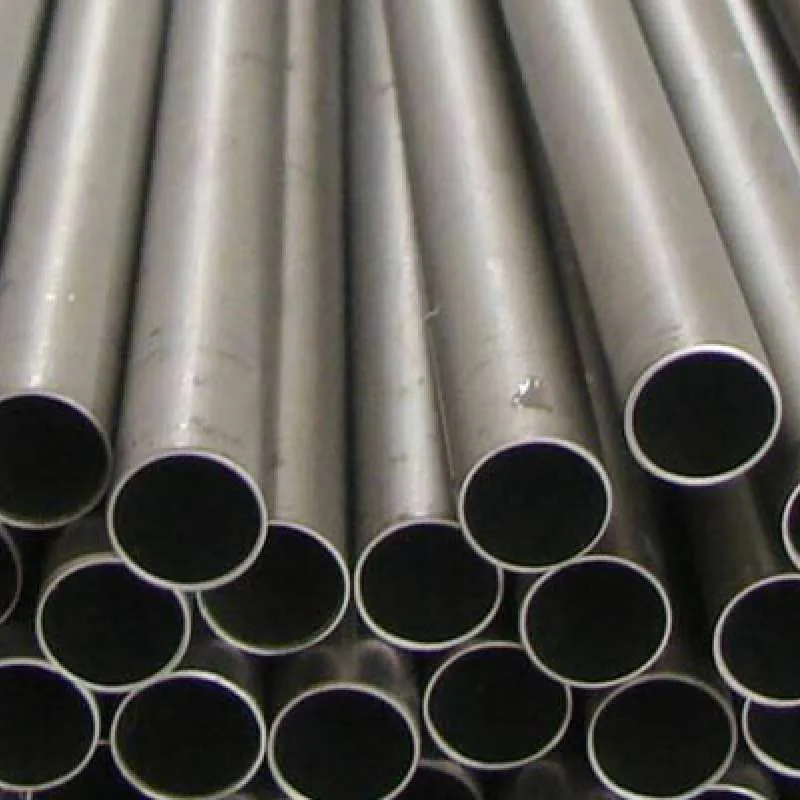-
Cangzhou Yulong Steel Co., Ltd.
-
Phone:
+86 13303177267 -
Email:
admin@ylsteelfittings.com
- English
- Arabic
- Italian
- Spanish
- Portuguese
- German
- kazakh
- Persian
- Greek
- French
- Russian
- Polish
- Thai
- Indonesian
- Vietnamese
- Zulu
- Korean
- Uzbek
- Hindi
- Serbian
- Malay
- Ukrainian
- Gujarati
- Haitian Creole
- hausa
- hawaiian
- Hebrew
- Miao
- Hungarian
- Icelandic
- igbo
- irish
- Japanese
- Javanese
- Kannada
- Khmer
- Rwandese
- Afrikaans
- Albanian
- Amharic
- Armenian
- Azerbaijani
- Basque
- Belarusian
- Bengali
- Bosnian
- Bulgarian
- Catalan
- Cebuano
- China
- China (Taiwan)
- Corsican
- Croatian
- Czech
- Danish
- Esperanto
- Estonian
- Finnish
- Frisian
- Galician
- Georgian
- Kurdish
- Kyrgyz
- Lao
- Latin
- Latvian
- Lithuanian
- Luxembourgish
- Macedonian
- Malgashi
- Malayalam
- Maltese
- Maori
- Marathi
- Mongolian
- Myanmar
- Nepali
- Norwegian
- Norwegian
- Occitan
- Pashto
- Dutch
- Punjabi
- Romanian
- Samoan
- Scottish Gaelic
- Sesotho
- Shona
- Sindhi
- Sinhala
- Slovak
- Slovenian
- Somali
- Sundanese
- Swahili
- Swedish
- Tagalog
- Tajik
- Tamil
- Tatar
- Telugu
- Turkish
- Turkmen
- Urdu
- Uighur
- Welsh
- Bantu
- Yiddish
- Yoruba

Nov . 27, 2024 16:13 Back to list
Understanding the Benefits and Applications of Metal Plumbing Pipes in Modern Systems
Exploring Metal Plumbing Pipes A Comprehensive Guide
In the realm of plumbing, the materials used play a crucial role in determining the efficiency, longevity, and safety of a plumbing system. Among these materials, metal plumbing pipes have long been a preferred choice for both residential and commercial applications. This article delves into the various types of metal plumbing pipes, their advantages and disadvantages, and factors to consider when selecting the appropriate type for your plumbing needs.
Types of Metal Plumbing Pipes
1. Copper Pipes
Copper has been the traditional choice for plumbing for decades due to its durability and resistance to corrosion. Copper pipes are available in three main types Type K (thick walls for underground applications), Type L (medium thickness for general plumbing), and Type M (thin walls for light-duty applications). Copper pipes are excellent conductors of heat, making them ideal for hot water lines. However, they can be more expensive than other types of pipes, and soldering connections require skill and the right tools.
2. Galvanized Steel Pipes
Galvanized steel pipes are steel pipes that have been coated with a layer of zinc to prevent rust and corrosion. These pipes were commonly used in homes built before the 1960s. While they are robust and have a decent lifespan, over time, the zinc coating can wear off, leading to rust formation. Additionally, the internal diameter of galvanized pipes tends to corrode, reducing water flow over time and making them less popular for new installations.
Typically used for gas lines, black iron pipes are not recommended for water supply lines because they can corrode over time when exposed to water. They are strong and sturdy, making them ideal for high-pressure systems, but they require protective coatings when installed in moist environments.
4. Stainless Steel Pipes
metal plumbing pipe

Stainless steel is renowned for its resistance to corrosion and rust, making it an excellent choice for both residential and commercial plumbing systems. While more costly than other materials, stainless steel’s durability and aesthetic appeal often justify the investment. It's particularly beneficial in environments that experience fluctuating temperatures and corrosive substances.
Advantages of Metal Plumbing Pipes
- Durability Metal pipes are generally more durable than their plastic counterparts, allowing them to last much longer, especially in high-pressure applications. - Temperature Resistance Metal pipes can withstand high temperatures, making them suitable for hot water lines. - Sustainability Metal pipes can be recycled, which contributes to a more sustainable plumbing system compared to plastic pipes.
Disadvantages of Metal Plumbing Pipes
- Cost Metal pipes can be significantly more expensive than plastic options, which may deter some homeowners or project managers from choosing them. - Weight Metal plumbing pipes are heavier than plastic ones, making installation more challenging and requiring additional support structures. - Corrosion While many metal pipes resist corrosion, they are not immune. Over time, exposure to water can lead to rust and other corrosion-related issues, which can affect the integrity of the plumbing system.
Choosing the Right Metal Plumbing Pipe
When selecting a type of metal plumbing pipe, several factors should be considered
- Purpose Determine the primary application of the piping. For example, use black iron for gas lines, copper for water supply, and stainless steel for high-corrosion environments. - Local Building Codes Always check local building codes and regulations, as they may dictate specific materials or types of pipes that can be used. - Budget Consider the overall costs of materials, installation, and maintenance when making a decision.
Conclusion
Metal plumbing pipes offer durability and reliability that are vital for any plumbing system; however, it is essential to weigh their advantages against the potential drawbacks. Understanding the different types of metal pipes available and their appropriate applications will enable homeowners and builders to make informed choices, ensuring long-lasting and efficient plumbing installations. Whether opting for copper, galvanized steel, black iron, or stainless steel, careful consideration will lead to a robust plumbing infrastructure that meets functional and aesthetic demands.
Latest news
-
ANSI 150P SS304 SO FLANGE
NewsFeb.14,2025
-
ASTM A333GR6 STEEL PIPE
NewsJan.20,2025
-
ANSI B16.5 WELDING NECK FLANGE
NewsJan.15,2026
-
ANSI B16.5 SLIP-ON FLANGE
NewsApr.19,2024
-
SABS 1123 FLANGE
NewsJan.15,2025
-
DIN86044 PLATE FLANGE
NewsApr.19,2024
-
DIN2527 BLIND FLANGE
NewsApr.12,2024
-
JIS B2311 Butt-Welding Fittings LR/SR 45°/90° /180°Seamless/Weld
NewsApr.23,2024











